One of the main functions of organized religion is to protect people against a direct experience of God
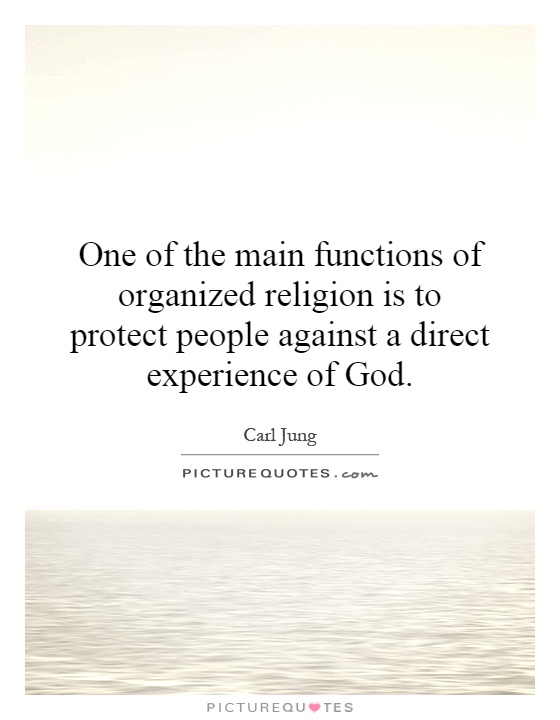
One of the main functions of organized religion is to protect people against a direct experience of God
Carl Jung, a renowned Swiss psychiatrist and psychoanalyst, was deeply interested in the intersection of spirituality and psychology. He believed that organized religion served as a protective barrier against a direct experience of God for many individuals. Jung's theories on religion and spirituality shed light on the ways in which organized religion can both facilitate and hinder an individual's connection to the divine.One of the main functions of organized religion, according to Jung, is to provide a structured framework through which individuals can understand and interpret their experiences of the divine. By establishing rituals, beliefs, and moral codes, organized religion offers a sense of security and stability in the face of the unknown and the unknowable. This can be comforting for individuals who may feel overwhelmed by the prospect of encountering God directly, as it provides a sense of order and predictability in an otherwise chaotic world.
However, Jung also believed that organized religion can serve as a barrier to a direct experience of God. By prescribing specific beliefs and practices, organized religion can limit an individual's ability to explore and develop their own personal relationship with the divine. Jung argued that true spiritual growth requires a willingness to confront the unknown and the mysterious, and that organized religion can sometimes stifle this process by imposing rigid dogmas and doctrines.
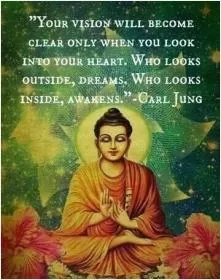
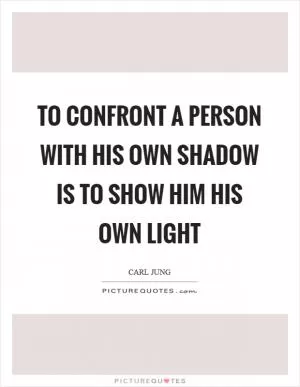
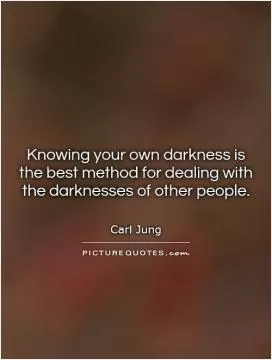
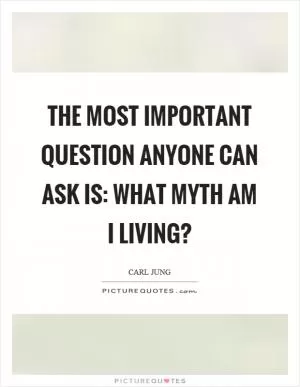
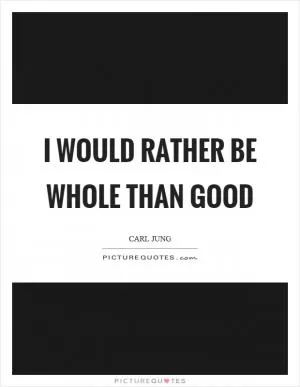
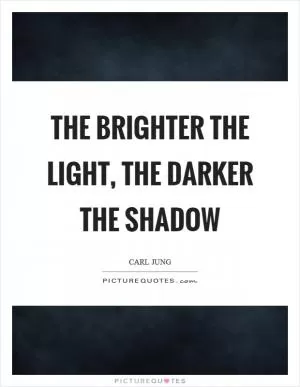
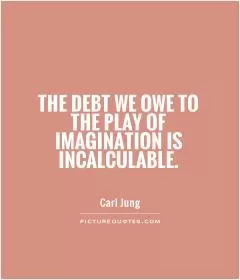
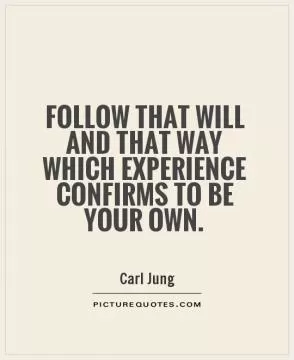
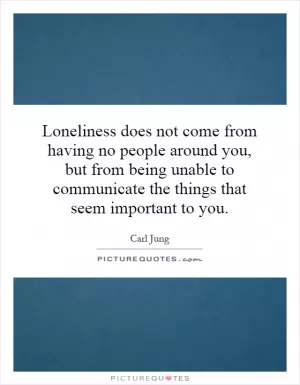
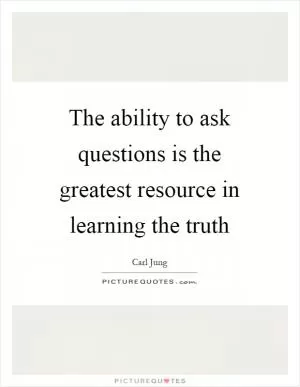
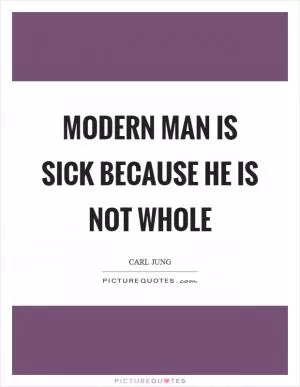
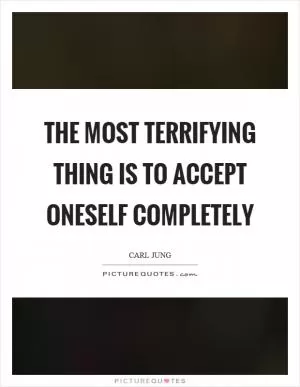
 Friendship Quotes
Friendship Quotes Love Quotes
Love Quotes Life Quotes
Life Quotes Funny Quotes
Funny Quotes Motivational Quotes
Motivational Quotes Inspirational Quotes
Inspirational Quotes